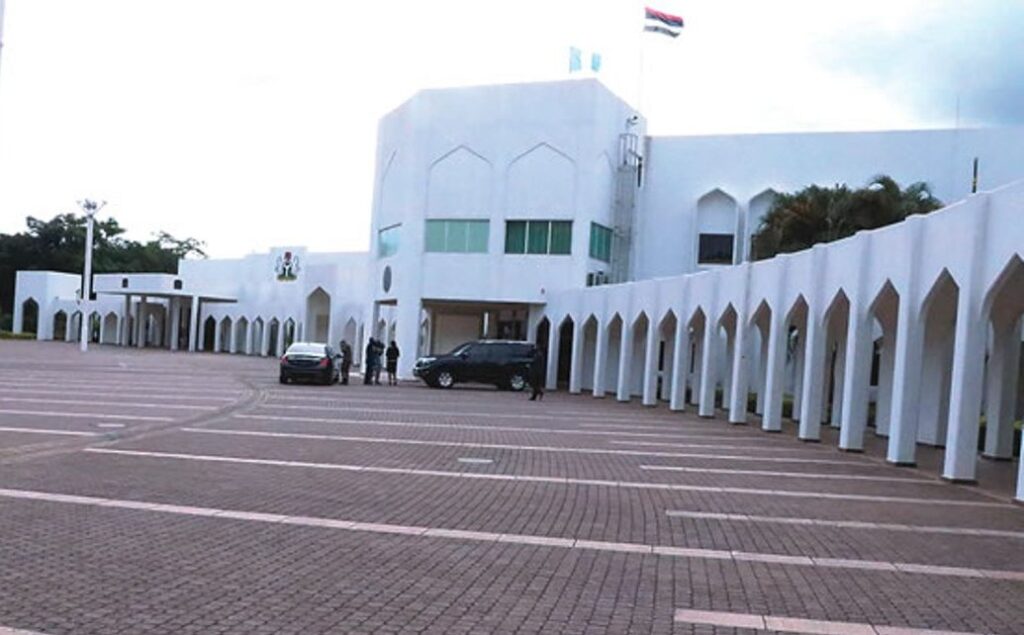
The Federal Government has launched a N10 billion solar mini-grid project to power the Aso Rock Presidential Villa. This development underscores its commitment to renewable energy and its waning confidence in Nigeria’s failing national electricity grid.
Investigations by The Guardian reveal that key areas within the Villa — notably the Banquet Hall car park, visitors’ parking area, and the lakeside — have been repurposed as mounting sites for solar panels, marking a clear pivot away from reliance on the national grid.
Coming at a time of heightened scrutiny over the 2025 budget implementation, the solar project — listed under code ERGP202502463 in the national appropriation — remains one of the administration’s priority capital projects.
The initiative is being executed by construction giant Julius Berger, in partnership with renewable energy firms including Bartum Energy, a player incorporated in 2016 and known for championing solar alternatives amid Nigeria’s chronic electricity supply shortfalls.
While the project aligns with President Bola Tinubu’s energy transition agenda, it also reflects an unspoken admission of the grid’s persistent failure. Despite Nigeria boasting an installed generation capacity of 14,000MW, actual daily supply averages around 4,500MW — a figure grossly inadequate for a nation of over 200 million people. Households and businesses, especially critical sectors like healthcare, have long abandoned hopes of reliable grid power, resorting instead to costly diesel generators or transitioning to solar solutions amid soaring energy tariffs and fuel prices.
Notably, the N10 billion earmarked for the presidential solar initiative constitutes over 17 per cent of the Villa’s revised N57 billion capital budget — a figure that jumped from the N47 billion initially proposed in the 2025 budget estimates. This significant allocation has reignited debates over fiscal discipline and national priorities.
Critics argue that if the government intends to champion energy reforms, fixing the national grid for the benefit of all Nigerians should precede exclusive off-grid solutions for government institutions.
Data from the Manufacturers Association of Nigeria (MAN) indicates that industries have expended over N1 trillion in recent years on self-generation via diesel and gas-powered plants. Likewise, households are increasingly adopting solar panels and inverters as Nigeria’s grid collapse incidents persist and national generation remains stubbornly capped below 5,000MW.
While Nigeria leads globally in self-generation rates, this off-grid shift — though innovative — has triggered concerns around energy equity, infrastructure neglect, and the sluggish pace of national grid modernisation.







